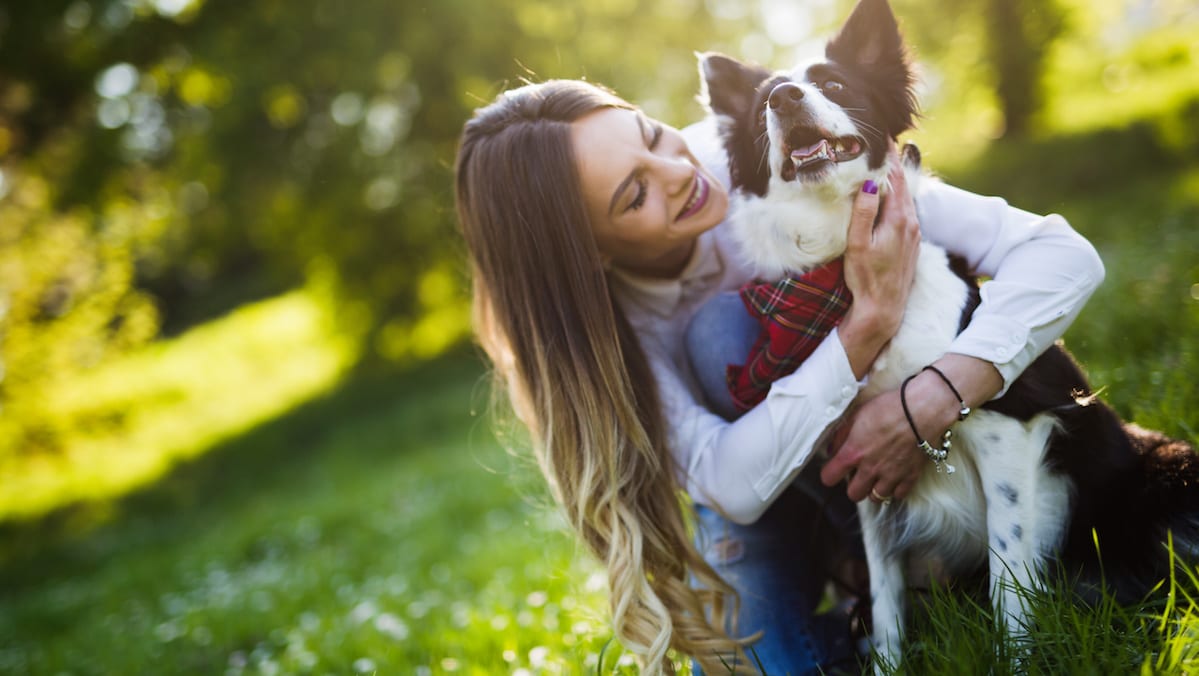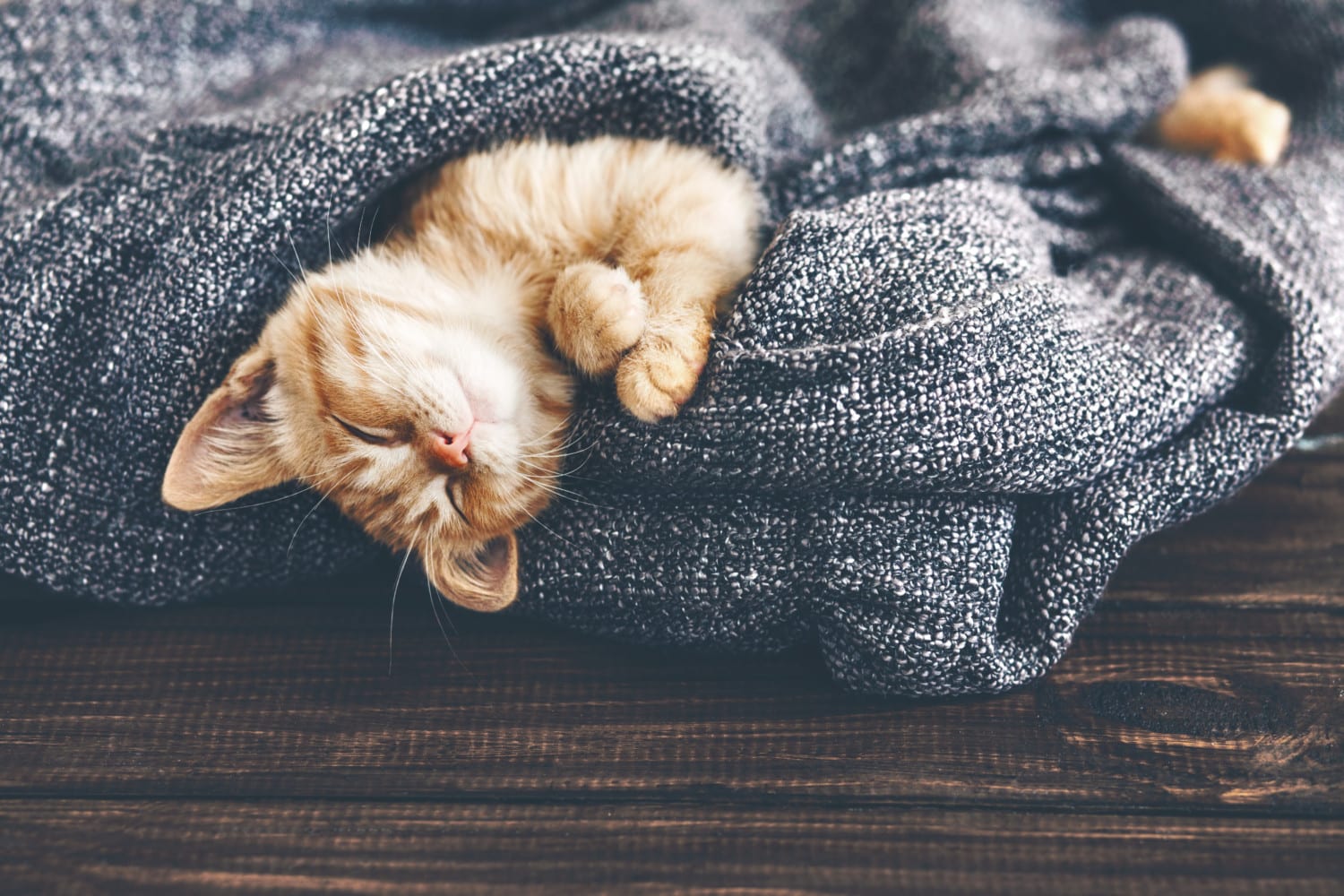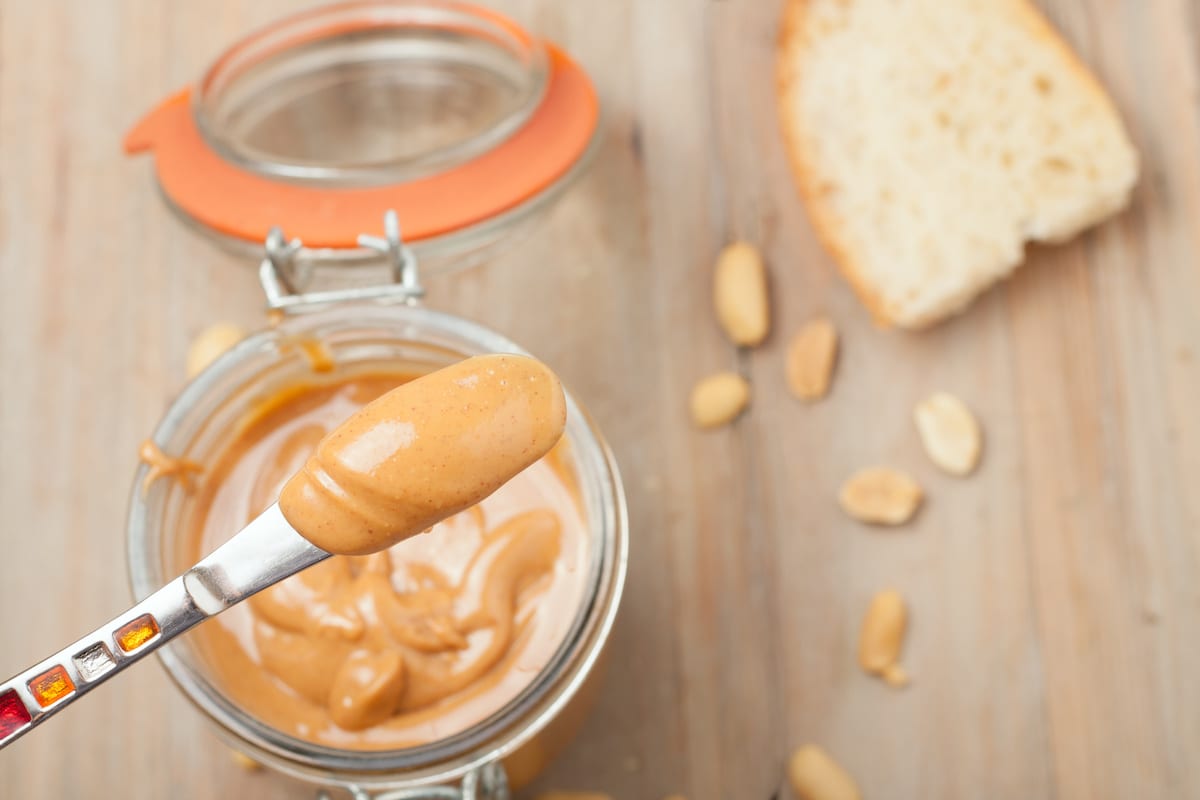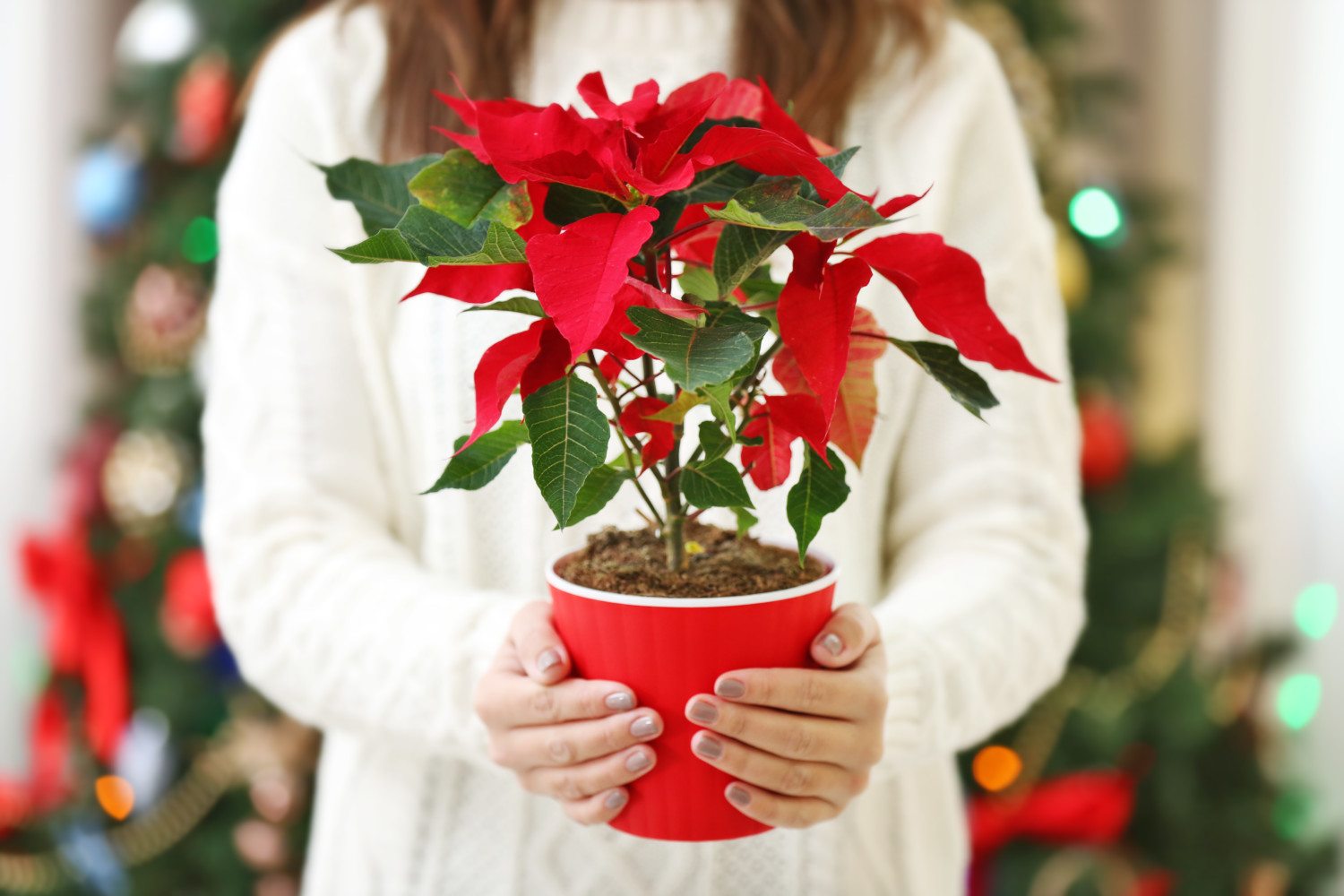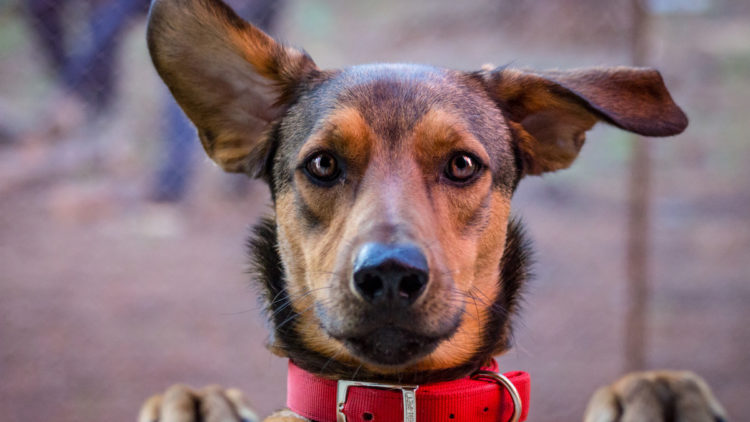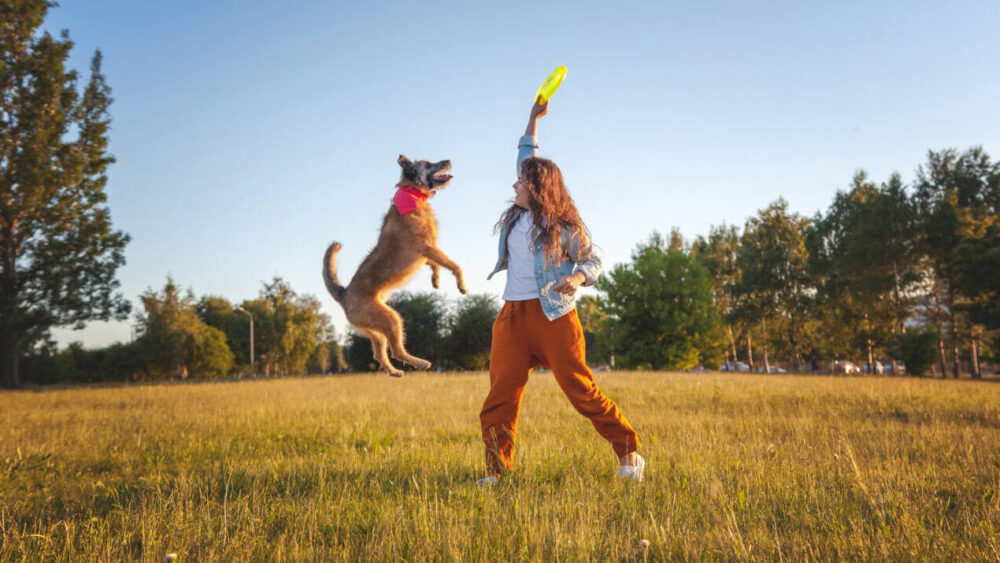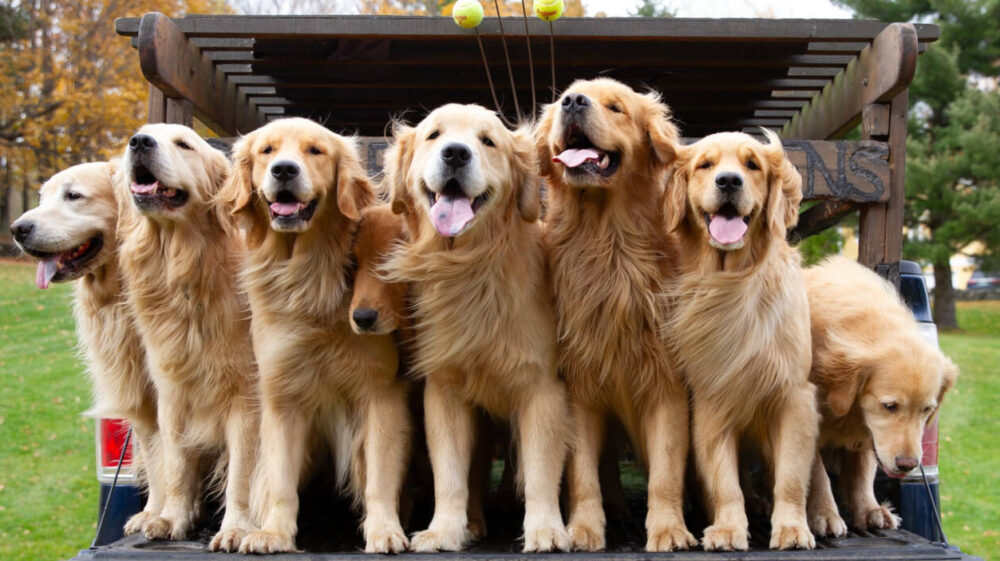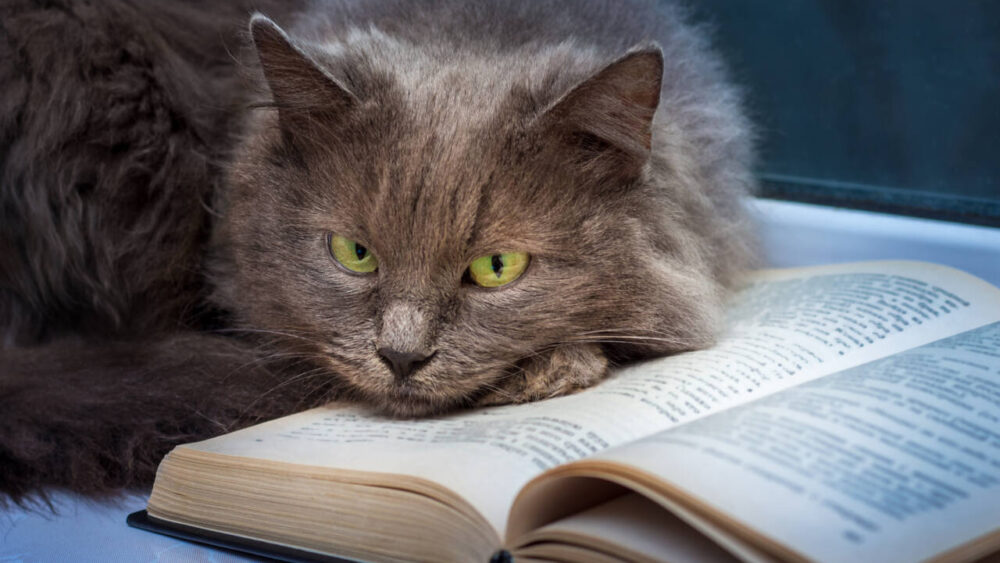8 things your veterinarian wishes you knew
Wouldn’t it be easier if your pet came with an owner’s manual? You’ve got the big-picture routines down like feeding schedules and playing with your pet, and you probably know the exact spot behind the ear your dog likes to be scratched. But we asked veterinarians what else they wish more pet owners knew when it comes to caring for their four-legged companions. Here’s what they had to say.
1. Your Dog Needs Dental Cleanings
Vets take your dog’s oral health seriously.
“Routine dental care can extend not only your pet’s teeth, but your pet’s life,” says Gary Richter, DVM, integrative veterinarian and veterinary health expert at Rover.com.
In addition to giving your dog at-home cleanings and letting him chomp on dental treats, your vet should check your dog’s teeth at annual visits. A cleaning may be in order to remove plaque buildup and tartar. When dogs have periodontal disease, and most have it by age 3, the infection in their mouths can be linked to organ damage and heart disease, experts say.
2. Keep Your Cats Indoors
Cats live longer when they are kept strictly indoors, says Richter. Cats can be faced with all types of risks outdoors, including being hit by vehicles, attacked by predators, contracting parasites or being poisoned by toxins.
“Letting your cat outdoors will likely shorten his or her life,” he says.
3. You Should Get Pet Insurance
High-quality veterinary care can be expensive, Richter says.
“Pet insurance allows pet owners to make medical decisions that are best for their pets, rather than having to base decisions on costs.”
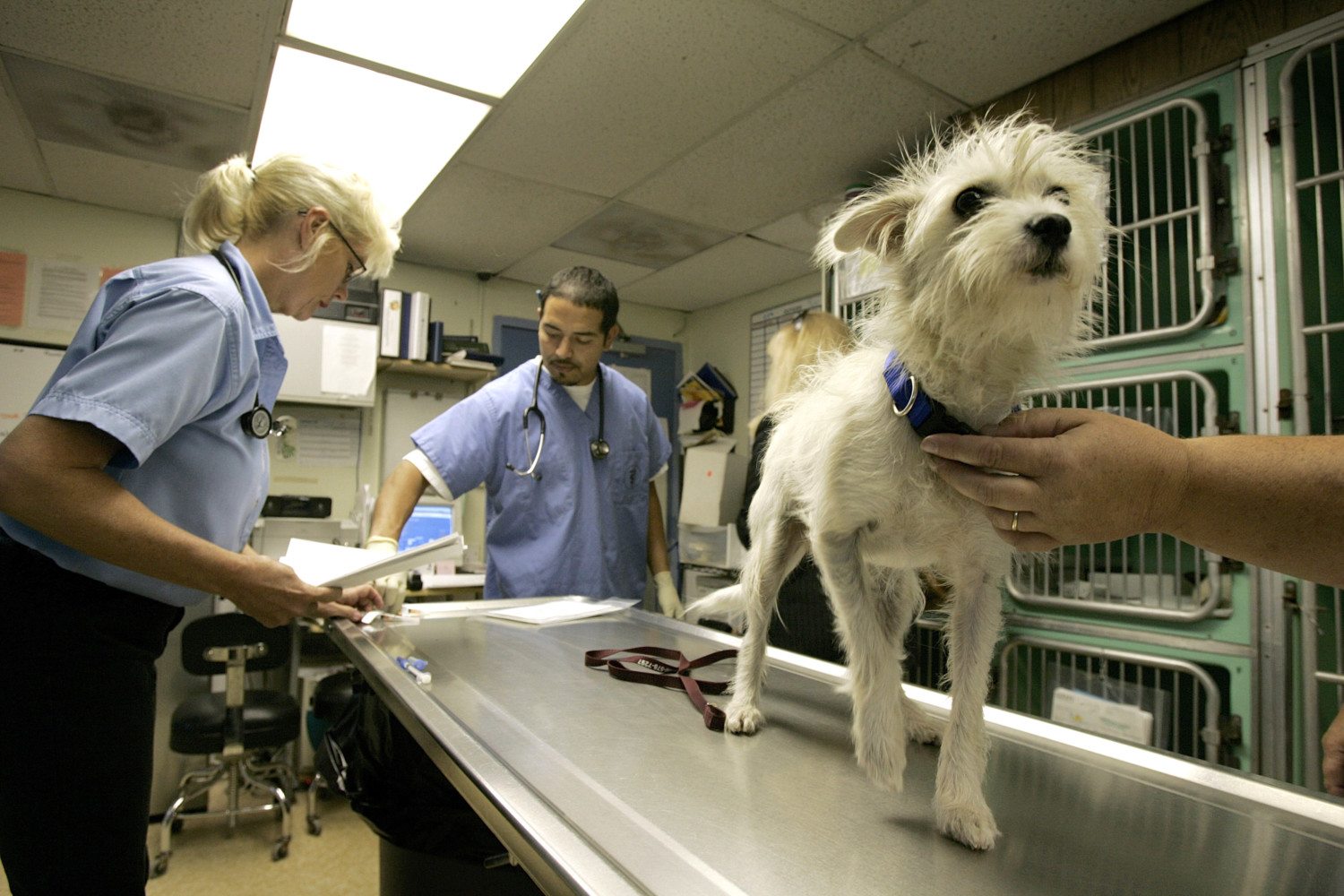
4. You Can Ask Your Vet Embarrassing Questions
Your dog eats poop? That’s called coprophagia and, as a matter of fact, about 16 percent of dogs do it. Those are the kinds of issues you can talk to your vet about without being embarrassed.
“It’s OK to ask your vet anything,” says Rachel Barrack, DVM, founder of Animal Acupuncture in NYC. “We want to help. No questions are dumb, silly or too gross.”
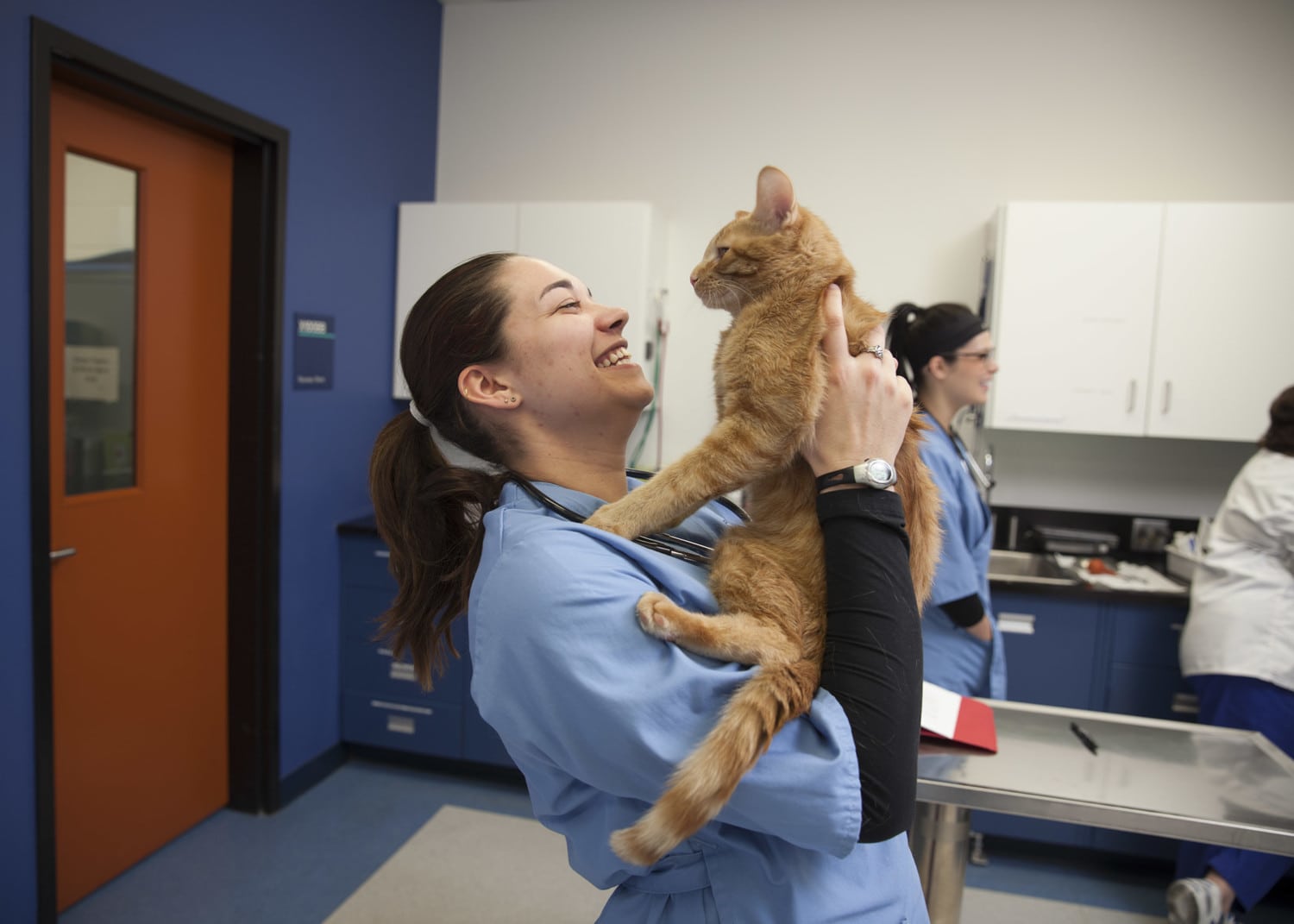
5. Don’t Feed Your Pets Table Scraps
We get it: Putting a little ham in your dog’s bowl seems like it’s a special treat. But rich, fatty foods like ham, steak, gravy and bacon can actually lead to some serious digestive problems for your pet, including vomiting, diarrhea and pancreatitis, explains Lily Johnson, DVM, who works with VCA San Francisco Veterinary Specialists. Bones can also get stuck and even perforate the gastrointestinal tract, causing a serious medical emergency, she explains. Also, garlic and onions can cause anemia in dogs and cats. Here are some more human foods dogs should never eat.
6. Check Your Peanut Butter Label
Pet owners will oftentimes tuck a dog’s medication in peanut butter or give Fido a spoonful of creamy peanut butter deliciousness as a treat. Peanut butter in moderation is OK. But be careful and check the label. Xylitol is a sweetener that is often used in sugar-free candies and gum, but it’s also in some peanut butters (usually the low-calorie ones). It can cause life-threatening low blood sugar and liver damage in dogs, Johnson says.
7. Watch Your Holiday Decorations
Being a responsible pet owner means keeping your decorations pet-friendly during the holiday season. Plants like poinsettia, holly and mistletoe can cause cats and dogs to vomit and get diarrhea, according to Johnson. Lily plants can cause kidney failure in cats. Also, tinsel and string can cause gastrointestinal problems if swallowed by your pets. Of course, you could spoil your pet with this advent calendar packed with treats.
8. Keep Your Lifestyle In Mind When Choosing A Pet
Not a dog owner just yet? It’s important to carefully choose the pet that most suits your lifestyle, says Ciara Clarke, the in-house veterinarian for Butternut Box, a homemade meal delivery service for dogs.
“Perhaps you’d like a Labrador but you live in a small apartment and work long hours,” she says. “This active breed loves nothing more than exercise and companionship.”
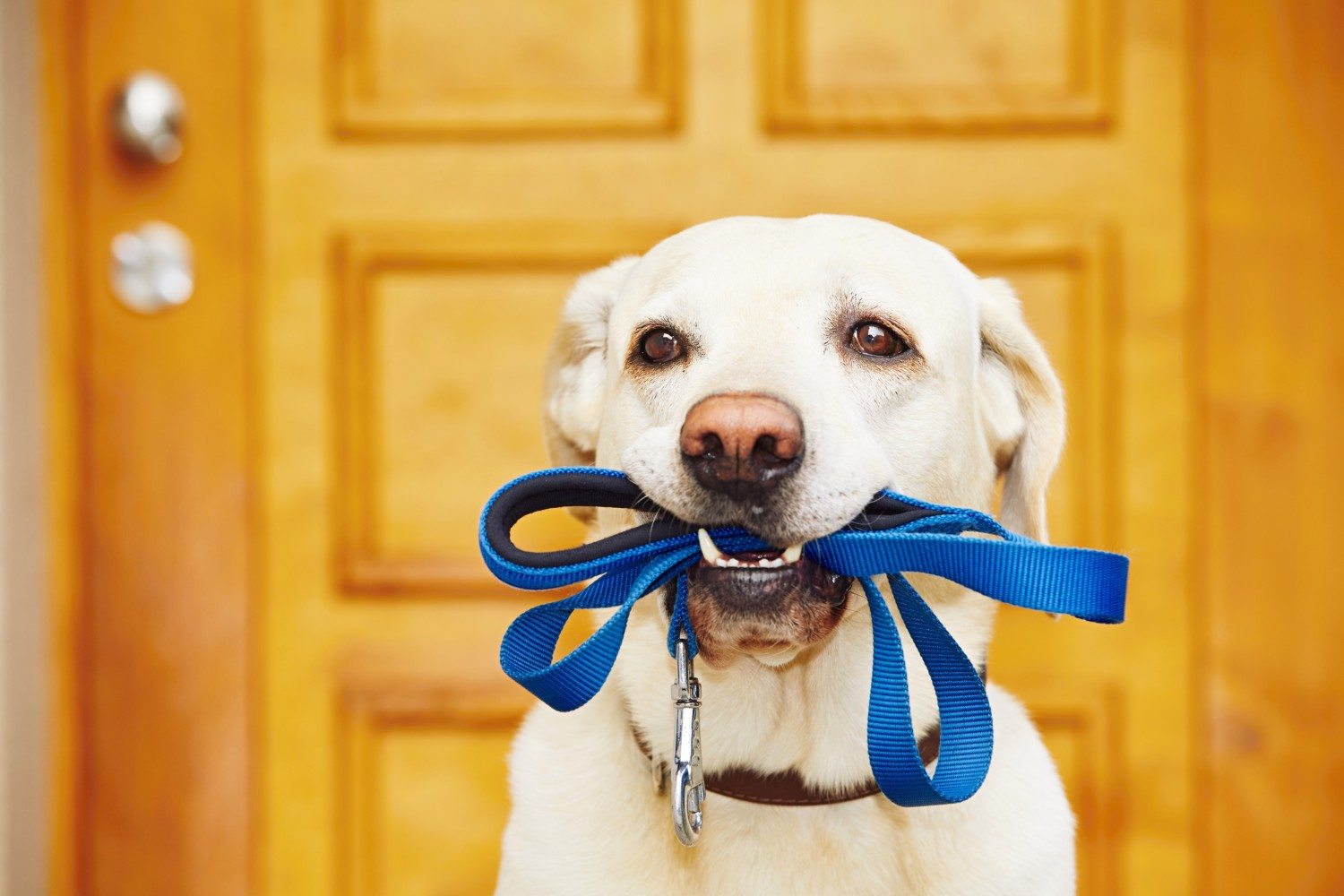
What questions do you have for your vet about caring for your dog or cat?



